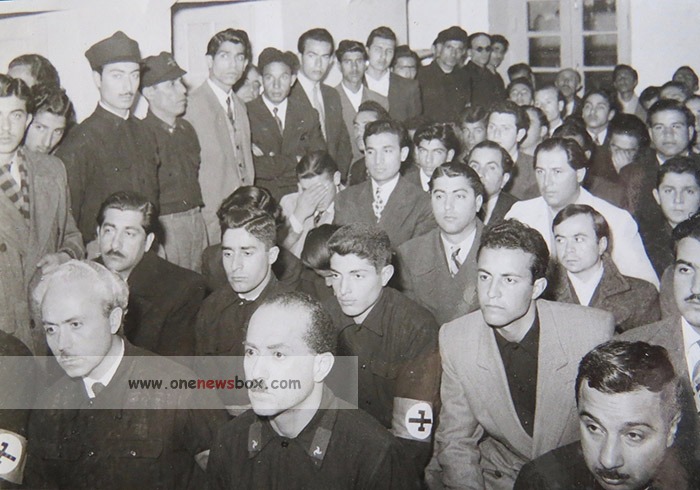Despite its energy and ideological commitment, SOMKA failed to gain mass appeal. Deeply religious and traditional society was not fertile ground for Nazi-style fascism, and the party’s blatant mimicry of European fascism alienated many who saw it as a foreign imposition.
Additionally, the post-war global order, shaped by Allied victory and the emergence of Cold War politics, made overt fascist movements politically toxic. The Shah, under increasing pressure to liberalize, eventually distanced himself from right-wing radicals like SOMKA.
Controversies and Decline
The exact reason for SOMKA’s ultimate demise remains disputed among historians. Several possible factors contributed to its rapid decline by the 1950s:
-
State Repression: The Pahlavi regime, although initially tolerant of SOMKA due to its anti-communist stance, eventually viewed the party as a threat. The Shah did not tolerate paramilitary organizations operating independently, and security forces began cracking down on SOMKA’s meetings and recruitment drives.
-
Lack of Mass Appeal: Unlike communism, which had resonance among workers and intellectuals, or Islamic populism, which appealed to the religious masses, SOMKA’s fascist-nationalist ideology never gained grassroots traction. It remained confined to a small circle of intellectuals and ex-soldiers.

